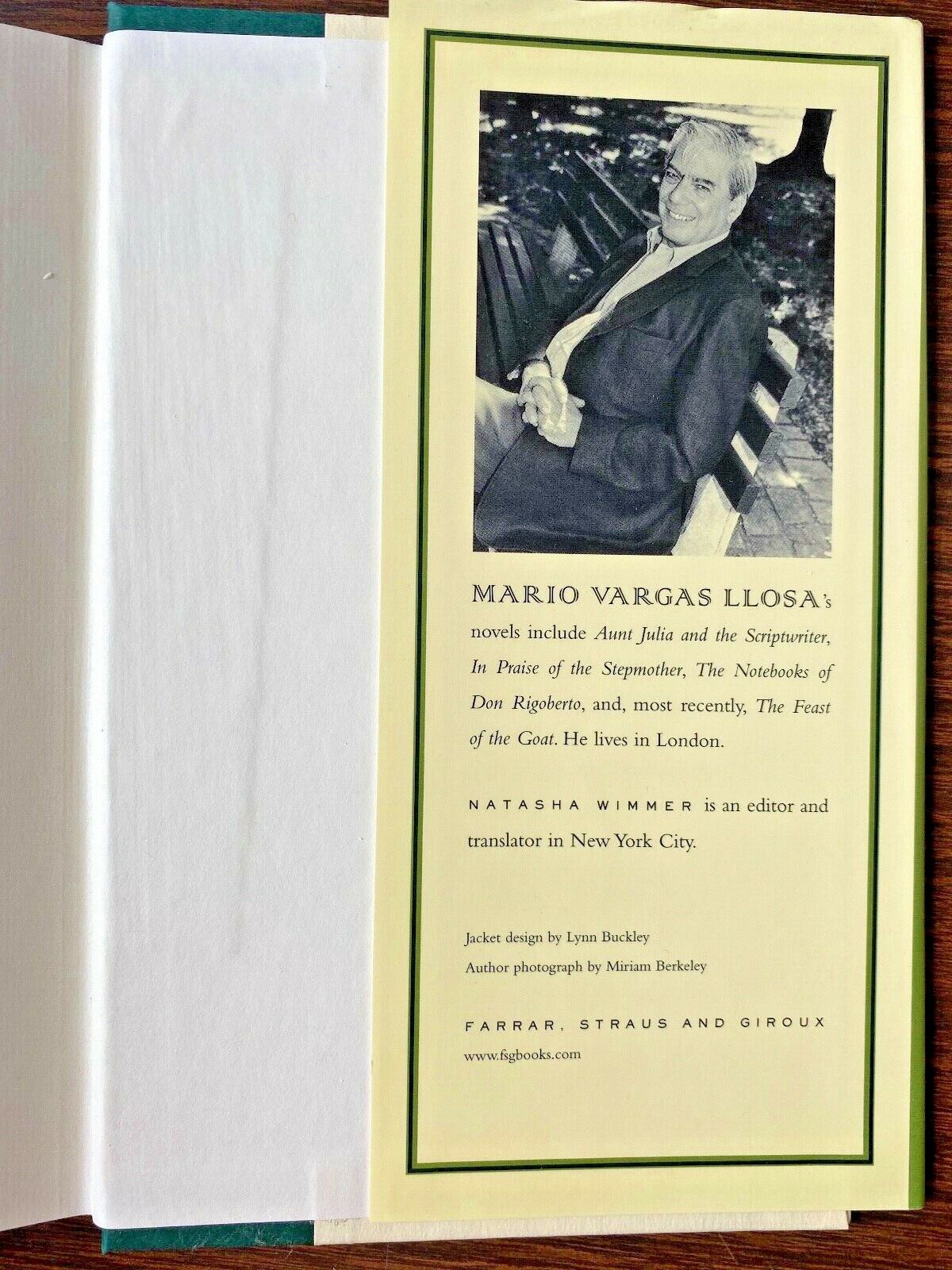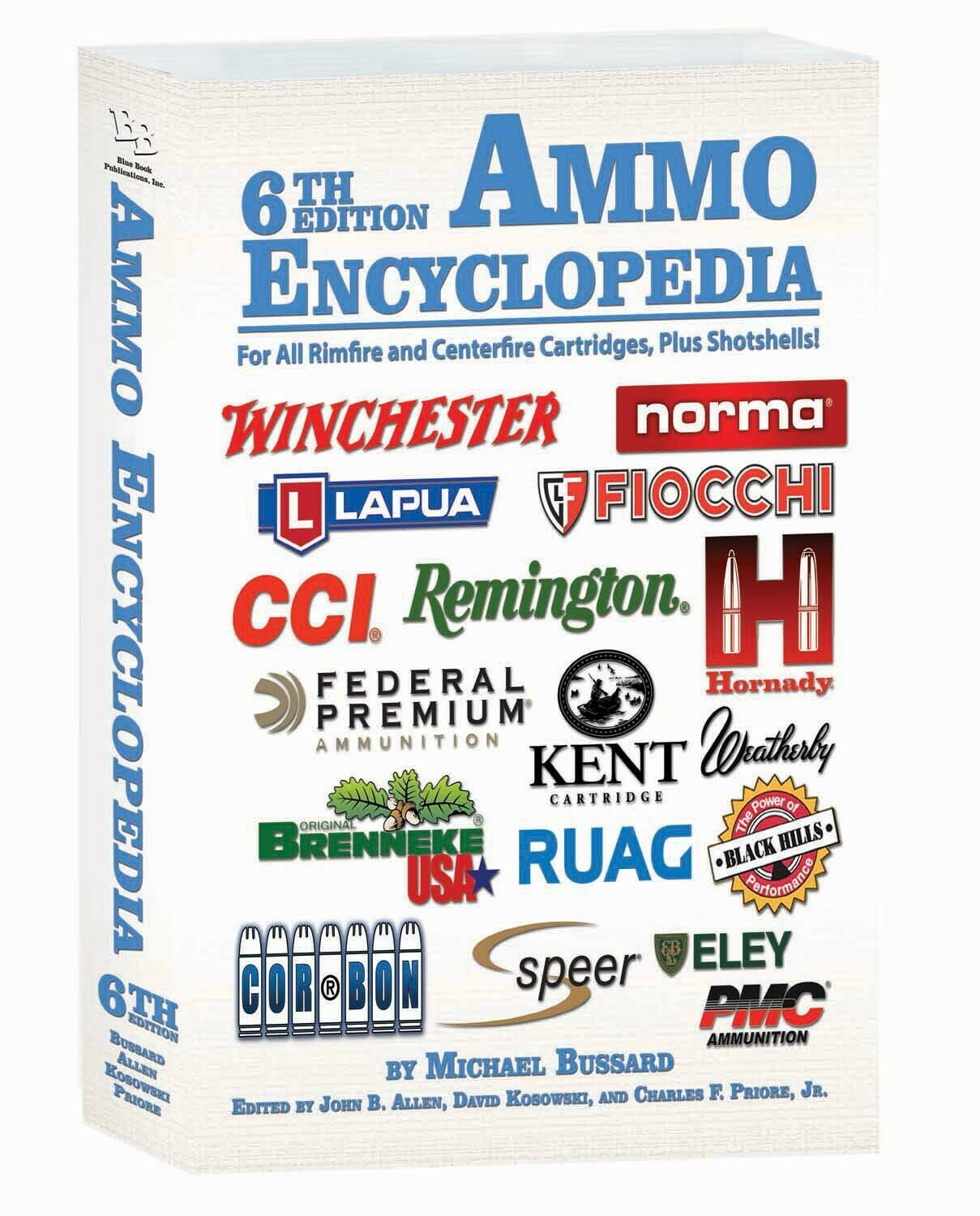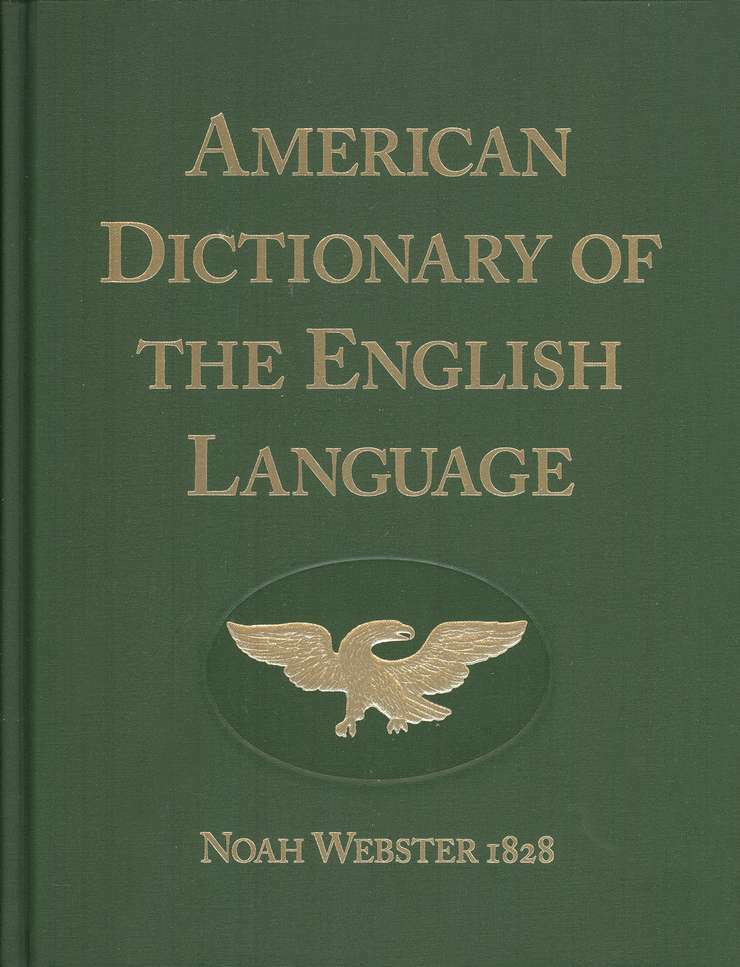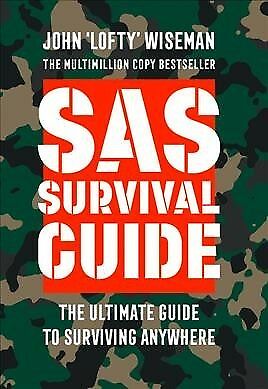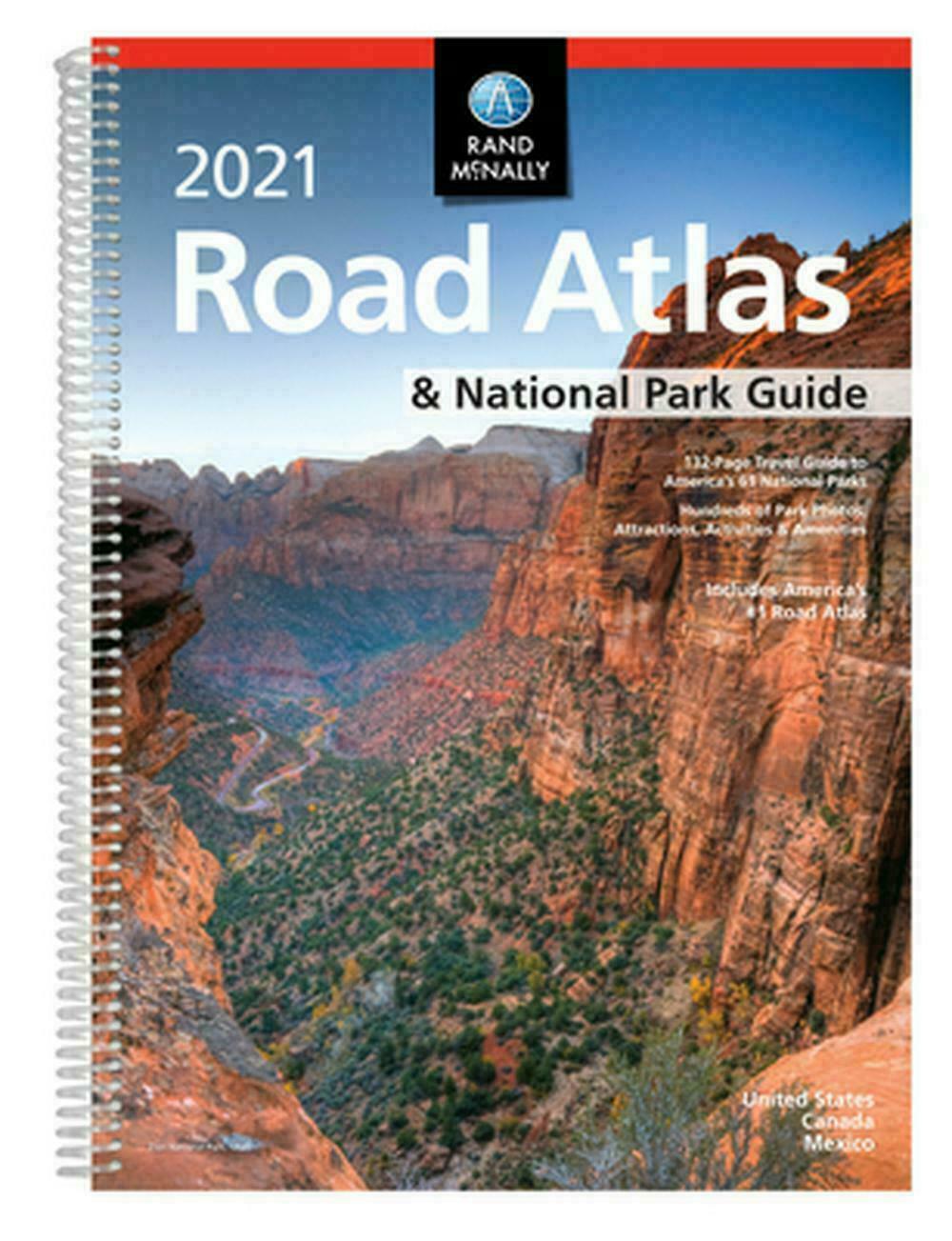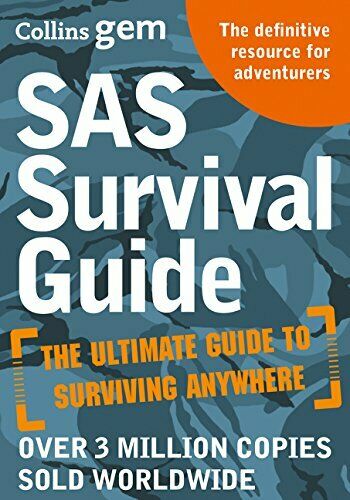-40%
LETTERS TO A YOUNG NOVELIST by Mario Vargas Llosa (2002) SIGNED ~ First Ed/First
$ 5.27
- Description
- Size Guide
Description
Signed, Like New, First Edition, First
Printing, Hardcover/Dust Jacket, List:
Letters to a Young Novelist
by
Mario Vargas Llosa
Awarded the Nobel Prize in Literature
Translated from the Spanish by
Natasha Wimmer
Vargas Llosa was born in Arequipa, Peru, in 1936. In 1958 he earned a scholarship to study in Madrid, and later he lived in Paris. His first story collection, The Cubs and Other Stories, was published in 1959. Vargas Llosa's reputation grew with the publication in 1963 of The Time of the Hero, a controversial novel about the politics of his country. The Peruvian military burned a thousand copies of the book. He continued to live abroad until 1980, returning to Lima just before the restoration of democratic rule.
A man of politics as well as literature, Vargas Llosa served as president of PEN International from 1977 to 1979, and headed the government commission to investigate the massacre of eight journalists in the Peruvian Andes in 1983.
Vargas Llosa has produced critical studies of García Márquez, Flaubert, Sartre, and Camus, and has written extensively on the roots of contemporary fiction. For his own work, he has received virtually every important international literary award. Vargas Llosa's works include
The Green House
(1968) and
Conversation in the Cathedral
(1975), about which Suzanne Jill Levine for
The New York Times Book Review
said: "With an ambition worthy of such masters of the 19th-century novel as Balzac, Dickens and Galdós, but with a technical skill that brings him closer to the heirs of Flaubert and Henry James . . . Vargas Llosa has [created] one of the largest narrative efforts in contemporary Latin American letters." In 1982,
Aunt Julia and the Scriptwriter
was publishedto broad critical acclaim. In 1984, FSG published the bestselling
The War of the End of the World
, winner of the Ritz Paris Hemingway Award.
The Real Life of Alejandro Mayta
was published in 1986.
The Perpetual Orgy
, Vargas Llosa's study of Flaubert and Madame Bovary, appeared in the winter of 1986, and a mystery,
Who Killed Palomino Molero?
, the year after.
The Storyteller
, a novel, was published to great acclaim in 1989. In 1990, FSG published
In Praise of the Stepmother
, also a bestseller. Of that novel, Dan Cryer wrote: "Mario Vargas Llosa is a writer of promethean authority, making outstanding fiction in whatever direction he turns" (
Newsday
).
In 1990, Vargas Llosa ran for the presidency of his native Peru. In 1994, FSG published his memoir,
A Fish in the Water
, in which he recorded his campaign experience. In 1994, Vargas Llosa was awarded the Cervantes Prize, the Spanish-speaking world's most distinguished literary honor, and, in 1995, the Jerusalem Prize, which is awarded to writers whose work expresses the idea of the freedom of the individual in society. In 1996,
Death in the Andes
, Var
gas Llosa's next novel, was published to wide acclaim.
Making Waves
, a collection of his literary and political essays, was published in 1997;
The Notebooks of Don Rigoberto
, a novel, was published in 1998;
The Feast of the Goat
, which sold more than 400,000 copies in Spanish-language, was published in English in 2001;
The Language of Passion
, his most recent collection of nonfiction essays on politics and culture, was published in June 2003.
The Way to Paradise
, a novel, was published in November 2003;
The Bad Girl
, a novel, was published in the U.S. in October, 2007.
Letters to a Young Novelist
was published on June 20, 2002.
First Edition, First Printing, hand
SIGNED
, in my presence, to full title page.
No inscription; full signature only.
From an event featuring Mario Vargas Llosa in conversation with Paul Holdengräber
in New York City on May 14, 2018.
Please only bid if you will pay within five days of auction's end.
All domestic sales of or more will be wrapped and shipped in a box.
If requested, there is a .00 surcharge for all domestic orders below shipped in a box.
Shipping & Handling for USPS Media Mail is .49 (includes
USPS Tracking
).
Additional books shipped together via USPS Media Mail are .50 per book.
Shipping & Handling for USPS Priority Mail Flat Rate envelope is .95 (includes
USPS Tracking
).
Shipping & Handling for USPS Priority Mail International Flat Rate envelope is .95.
I provide the highest quality author signed, first edition books.
100% authentic guaranteed
- This is my COA "Certificate of Authenticity". I won't sell any signed book that I'm not 100% sure is hand signed by the author. I attended this
event featuring Mario Vargas Llosa in conversation with Pail Holdengräber
in New York City on May 14, 2018.
I'm not happy unless you are!
Please email any questions.
Thanks!
from
Library Journal
Imitating Rilke's
Letters to a Young Poet
, the famed Peruvian novelist passes out advice in the form of 11 letters.
Copyright 2002 Cahners Business Information, Inc.
from
Booklist
The author of the magnificent historical novel
The Feast of the Goat
ostensibly addresses a young protege in this series of 11 letters distilling his own fiction-writing concepts into concrete terms. The great Peruvian master proves to be a wellspring of wisdom, experience, and inspiration not only for serious fiction writers but also for serious fiction readers. Eschewing the presentation of some kind of program for quick publication, Vargas Llosa instead becomes an instructor in the anatomy of the novel. Believing that "inventing beings and stories" is based in a writer's need for rebellion, and that "literature becomes a permanent preoccupation, something that takes up your entire existence," Vargas Llosa compels readers and would-be writers to ponder, among other ideas, the need for a novel to possess the "power of persuasion," an "essentiality" of language, and a form "expressi[ve] of the artist's originality." Commentary on favorite books merges with theories and musings, resulting in a work of sheer, provocative eloquence. --
Brad Hooper
Copyright © American Library Association. All rights reserved
from
Publishers Weekly
Now based in London and teaching at Georgetown University in the U.S., Peruvian novelist and erstwhile politician Vargas Llosa's novels (
In Praise of the Stepmother
, etc.) and essays (
Making Waves
). Though the "Letters to a Young " concept has recently been franchised by another publisher (applying it to everything from golf to rabble-rousing), Rilke's slender and sage Letters to a Young Poet remains the standard after 100 years. Vargas Llosa's 12 Letters to a generalized interlocutor drift in and out of Rilke's league, rich with insight into Western literature and with commentary on the urge that overtakes its practitioners "The literary vocation is not a hobby, a sport, or a pleasant leisure-time activity. It is an all-encompassing, all-excluding occupation, an urgent priority, a freely chosen servitude that turns its victims (its lucky victims) into slaves." Yet Vargas Llosa is also somewhat wryly withholding, as if to thicken the plot: "Writing novels is the equivalent of what professional strippers do when they take off their clothes and exhibit their naked bodies on stage. The novelist performs the same acts in reverse." His examples of good and great novelists, whom he discusses while making larger philosophical points about concepts like style, time or representation, are pretty hard to take issue with: Woolf and James; Dos Passos and Hemingway; Flaubert (
Madame Bovary
is a particular favorite), de Beauvoir and Robbe-Grillet; Borges and Cervantes. Neither a survey course in what to read nor a practical guide to writing, the book finally is a meditation on writing and its proper relationship to life. "Good novels, great ones, never actually seem to tell us anything; rather, they make us live it, and share in it, by virtue of their persuasive powers." Particularly given the excellent translation here by PW contributing editor Wimmer, the same could be said for letters like these.
Copyright 2002 Cahners Business Information, Inc.
"[Llosa's] ambition worthy of . . . masters . . . with a technical skill that brings him closer to the heirs of Flaubert and Henry James." --Suzanne Jill Levine,
The New York Times Book Review





